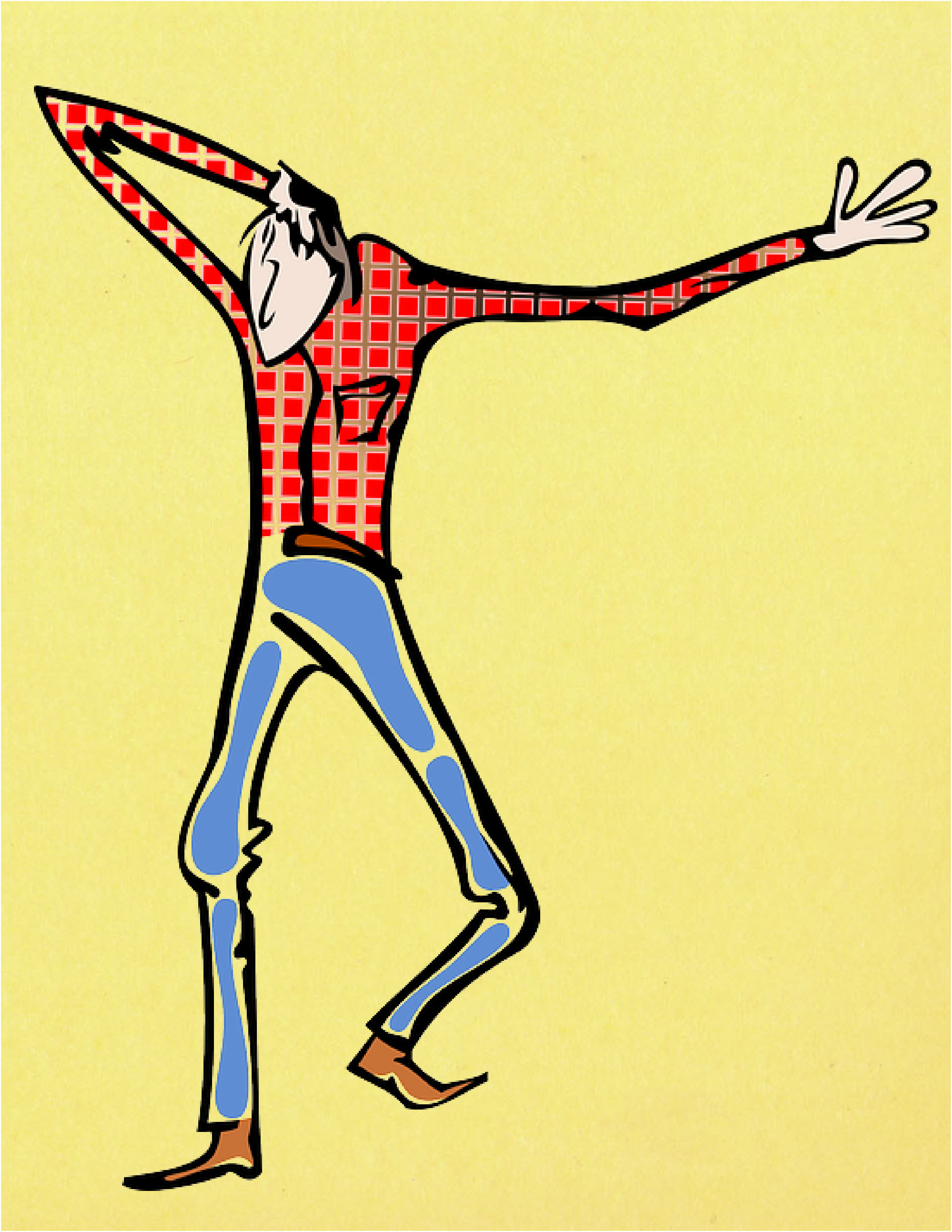 Submitted by Friday on
Submitted by Friday on

Image by OpenClipart-Vectors from http://Pixabay.com
I'm a weirdo. It's been a lifelong thing. The popular girls in middle school called me weird for relentlessly riffing on Hitchhiker's Guide to the Galaxy and 1st edition D&D. In high school, I wore the wildest second-hand 1970s clothes I could find and people wrote things in my yearbook like "you have amazingly bad taste in shirts!" Now I spend my time writing bizarre essays and stories about group consciousness, simulation skepticism, infinite immaterial Turing Machines, and garden snail sex.
So let me own it. I'm weird, and I like weird things! You too, I hope?
What is it to be weird? I propose this: Something is weird if it's not normal. To be weird, a thing has to be somehow unusual -- but simply being unusual isn't enough. A blade of grass might be bent slightly differently than most other blades of grass. That doesn't make it weird -- not unless it's bent in some weird way. Similarly, your car's license plate number is unusual (no one else has it) but probably not weird. To be weird, a thing must be in some respect strikingly contrary to expectations. A high school kid wearing flower-print bellbottoms amid the black skinny jeans of 1985 is weird. So is a philosopher who has enough of a sliver of dream skepticism to spread his arms to try to fly across campus. A blade of grass with a slightly different bend isn't strikingly contrary to expectations, but one that doubled back on itself in a triple loop then ended in a stringy fluff -- that would be a weirdo piece of grass, man. Totally not normal.
Most philosophers think of norms either statistically or normatively (where to violate a norm is to be in some respect bad), but the kind of violation of normality that is constitutive of weirdness isn't either of those. Statistical rarity isn't enough, as I just explained. But neither is the weird necessarily something that violates our ethical, epistemic, or aesthetic norms. On the contrary, weirdness in my sense is good.
Imagine a world without weirdness -- a world where everything proceeds more or less according to expectations. The grass all shows the normal range of variation; the high school kids all wear normal clothes; philosophers endorse only the normal range of sensible theses. How dull! A certain amount of weirdness is wonderful. When I imagine my ideal world, I imagine a world of variation and difference, where people, events, and objects often have surprisingly strange features.
Now before you read this an endorsement of the view that we should all go completely bananas, let me mention two strong counterpressures toward normality.
First: If everything is surprising, nothing is surprising. There can be no expectations in sheer chaos. Weirdness blooms only against a contrasting background of normality. Not everything can be weird. We weirdos require a sea of straight-men to differ from. So thank you, straight-men!
Second: If most things of Type X lack Feature F, typically there's a reason: Feature F is bad in things of Type X. If an X, then, weirdly has Feature F, that's a problem. It's weird to eat scrambled paper for breakfast. It's weird to glue your socks to your hair instead of sliding them comfortably onto your feet. There are excellent reasons people don't do those things. But those things aren't bad because they're weird; they're weird because they're bad.
The best weirdness is weirdness against a background of normality where the weird-making feature is not also a bad-making feature. This is weirdness as harmless (maybe even helpful) novelty and difference. It's the weirdness of my father, one Christmas, flocking and decorating a tumbleweed instead of a tree for the living room. It's the weirdness of the girl who wears cat ears and sparkly eye shadow to school. The world's capacity to produce weirdness is one of the most wonderful things about existence, right alongside pleasure, knowledge, kindness, and beauty.
Eric Schwitzgebel
http://schwitzsplinters.blogspot.com/2020/04/in-praise-of-weirdness.html
- 424 reads